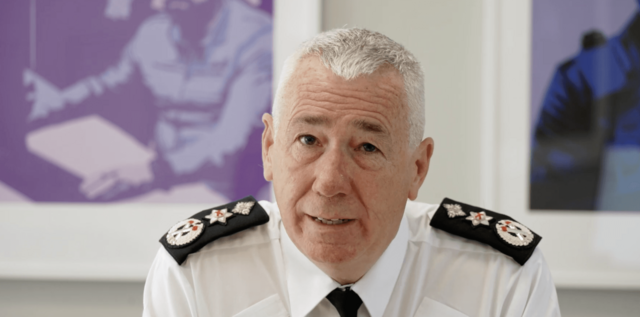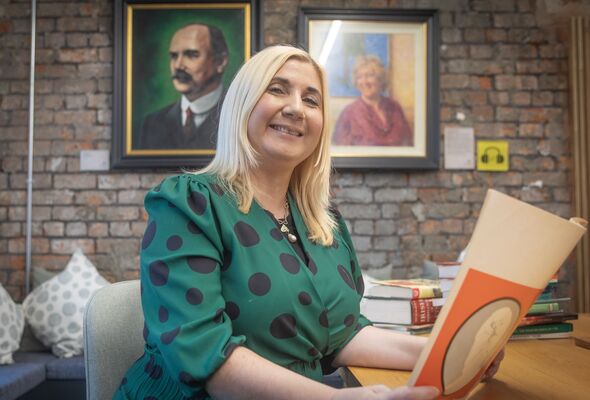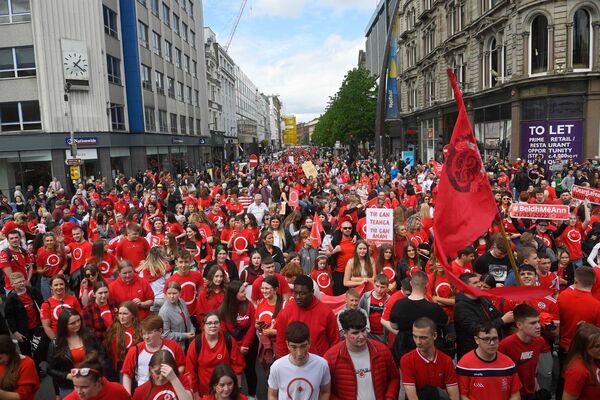IRISH Department of Foreign Affairs officials are in the middle of an extensive consultation on their new Action Plan on Women Peace and Security. Don’t jump forward yet – I promise this gets interesting.
In 2000, the United Nations passed a Security Resolution 1325 on the topic of Women, Peace and Security. It was two years late for our peace agreement but the idea is to protect women, who always experience conflict differently, both during and after conflict.
It requires all states to pay attention to women’s experiences and put in place measures to ensure their participation in decisions about their lives, protect them from harm or further harms, and to support remedy from violations practically and structurally.
Now you would think that women in our post-conflict jurisdiction would therefore have benefitted from significant attention as a result of this with Britain being a proud permanent member of the Security Council and Ireland having had a seat at that table twice in the intervening years. Eh, no. Sadly not.
The reason being that Britain officially does not accept that we had a conflict here, so the women who live here are not covered by the resolution. And of course, Ireland has the jurisdictional matter, albeit with all of the women implied being Irish citizens if they so choose.
Too often women are only seen as “next of kin” on legal aid applications. Their compounded trauma by the failures to deal with the past go noticed only in anecdotal media pieces...
So why does this matter? Well it means that things like the Legacy Act, the Payments Scheme for the permanently injured, the Regional Truama Network and every other effort designed to meet the needs of victims ignore and render invisible the particular and specific needs of women who are affected by conflict violations.
There is no official definition of conflict related sexual violence. This means that the women who suffered these harms in public and private settings have no place to bring those harms, have them examined or remedied. At the minute the Payments Scheme for the Injured render these harms as private, not conflict related and beyond the scope of the scheme – despite the long term physical and psychological injury they have caused. Application of Resolution 1325 could have made a practical difference as this scheme was being developed.
There is no official understanding of the disproportionate impact of the failure to deal with the past on women. Too often women are only seen as “next of kin” on legal aid applications. Their compounded trauma by the failures to deal with the past go noticed only in anecdotal media pieces and do not inform the design of legacy mechanisms. UNSCR1325 could have made a difference to that.
We hear very often about how our peace process is held up as a success story and international model for other nations. On this matter however we are failing badly.
So what can be done? There is an all-party group on Women, Peace and Security at Stormont. Theoretically this group could fill the lacuna created by the jurisdictional context and bring rigour and oversight to the invidious position of women in our post-conflict context. This kind of oversight could bring oversight to the practical implication of policies for women.
The two governments at intergovernmental level could put this matter into their conversations. At least recognising the matter at senior governmental would be a start.
In fact anything would be better than now where the women of our region live in this ludicrous lacuna.








